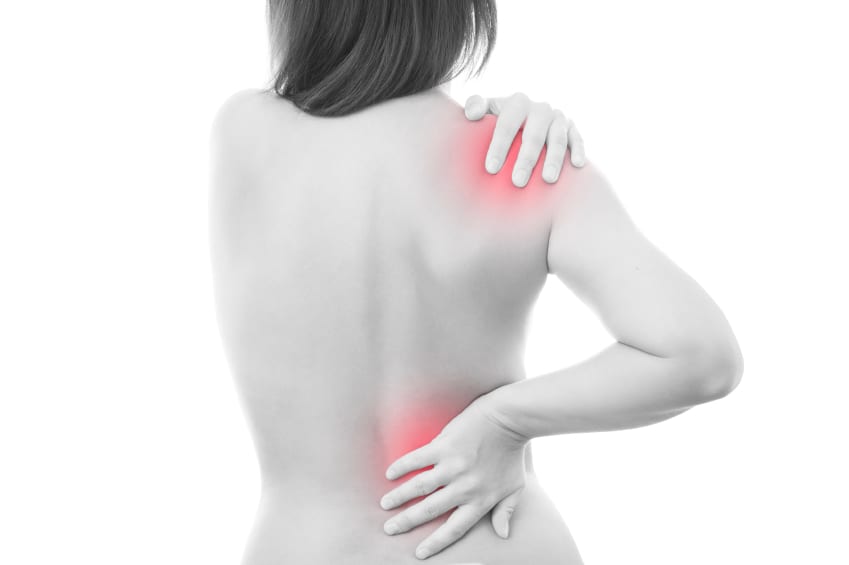Pain is a symptom of many conditions and has many causes and types. Pain can result from an injury, from a temporary state of discomfort, or from an ongoing illness or condition. Pain that lasts for six months or less is considered acute, and pain that lasts longer than six months is considered chronic. Every individual is different, and therefore, results and relief can vary.
Acupuncture helps to free blocked Qi and to fix imbalanced Qi and can enable the acupuncturist to get to and treat the root cause of the pain. Other therapies may be recommended alongside acupuncture, and acupuncture may be used in conjunction with conventional medicine, depending on the type of pain and the cause or pain.
Back pain is one of the top reasons people seek help for pain. Combining self-management with acupuncture has been found to be very effective. Acupuncture can provide long-term relief and increased activity level, improved sleep quality, and in some cases decreased use of pain medication.
Repetitive movement and sitting for extended periods of time can predispose people to neck pain. It can also be caused by poor posture, injuries, accidents, medical conditions, and stress. Acupuncture is effective for pain related to movement and can improve mobility. For chronic neck pain, more than one pain management method may be necessary. Acupuncture can also improve quality of life in people with neck pain due to degenerative disorders.
Headaches affect over 50 million people at some point in their lives. There are many different types of headaches, but the most common is migraine. Acupuncture is an effective solution with no side effects, and it can reduce the frequency and intensity of headaches. There are many methods for diagnosing headaches, and the acupuncturist takes a holistic approach. Besides acupuncture, they may recommend self care, tracking your triggers, learning stress management techniques, exercise, and/or healthy eating and sleep habits.
Acupuncture is a good way to help to manage arthritis. While it is unknown at this time whether acupuncture can control inflammation, repeated treatment can bring long term relief. Continued care is recommended, and an individual’s stage of arthritis can impact the permanence of relief. When used to treat osteoarthritis, acupuncture can reduce pain and severity and improve mobility and quality of life; however, acupuncture should be used in conjunction with prescription medication for the treatment of rheumatoid arthritis.

